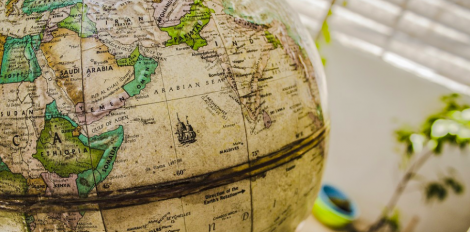Machine Translation VS Human Translation
Have you ever used machine translations? Sometimes, they give you a translation that makes sense somehow, while other times they just make you laugh because of grammatically and socially awkward translations. Today, let’s talk about what machine translation is like and how we can rely on human interpreters in contrast.
The Industry is Changing
In fact, the current state of machine translation has been improved thanks to Artificial Intelligence. An advanced translation method based on deep learning has become a standard in major automatic translation services, creating more accurate, fluent, and faster translations than a traditional model.
Language Barriers for AI
Despite of the fact that machine translations have been progressing fast, they are not as good as human translations yet. For one thing, machine translations don’t work fairly across all languages. We can easily imagine that translating from Italian to French and Danish to Japanese would require a different level of translation because the origins and structure of the languages differ.
AI also has some difficulties in processing requests in voice-to-text translations, not only because the process becomes more complex, but also because written and spoken language rules just don’t work the same way. Consequently, even AI can face language barrier, so to speak.
Who Can We Rely on?
The world of human languages is not simple after all. There’s a lack of defined rules and we actually like to create new words and expressions like slang, though there are so many obsolete ones, too.
Ultimately, we need to consider that machine translations have capabilities and limitations before we over-rely on them. Machine translations at this moment can be sufficient to some extent, but otherwise, asking for language help from professional interpreters and translators could solve your problems faster and more accurately.
With Oyraa, you can access to professional interpreters anytime, anywhere. There are currently more than 550 interpreters registered from around the world and the number is growing since our service launched last year.
Rina is our contributor at Oyraa. Originally from Tokyo, she used to be an account executive at a tech company but followed her passion for languages after attending conferences in Singapore and the United States. She has since then become a translator and has lived in Honolulu, Dublin and now Lausanne.
You Might Also Like

How professional interpreters can improve hospital ratings
30 Jan 2018
Consumer choice plays a big part in healthcare in many countries and hospital ratings are a key factor in helping people decide where they will.....



